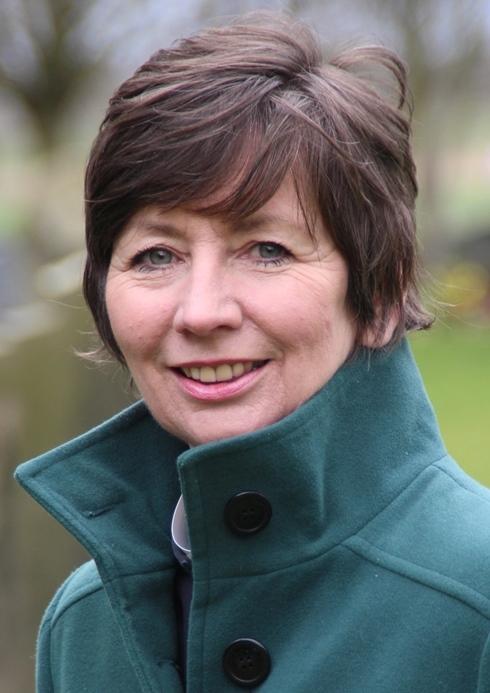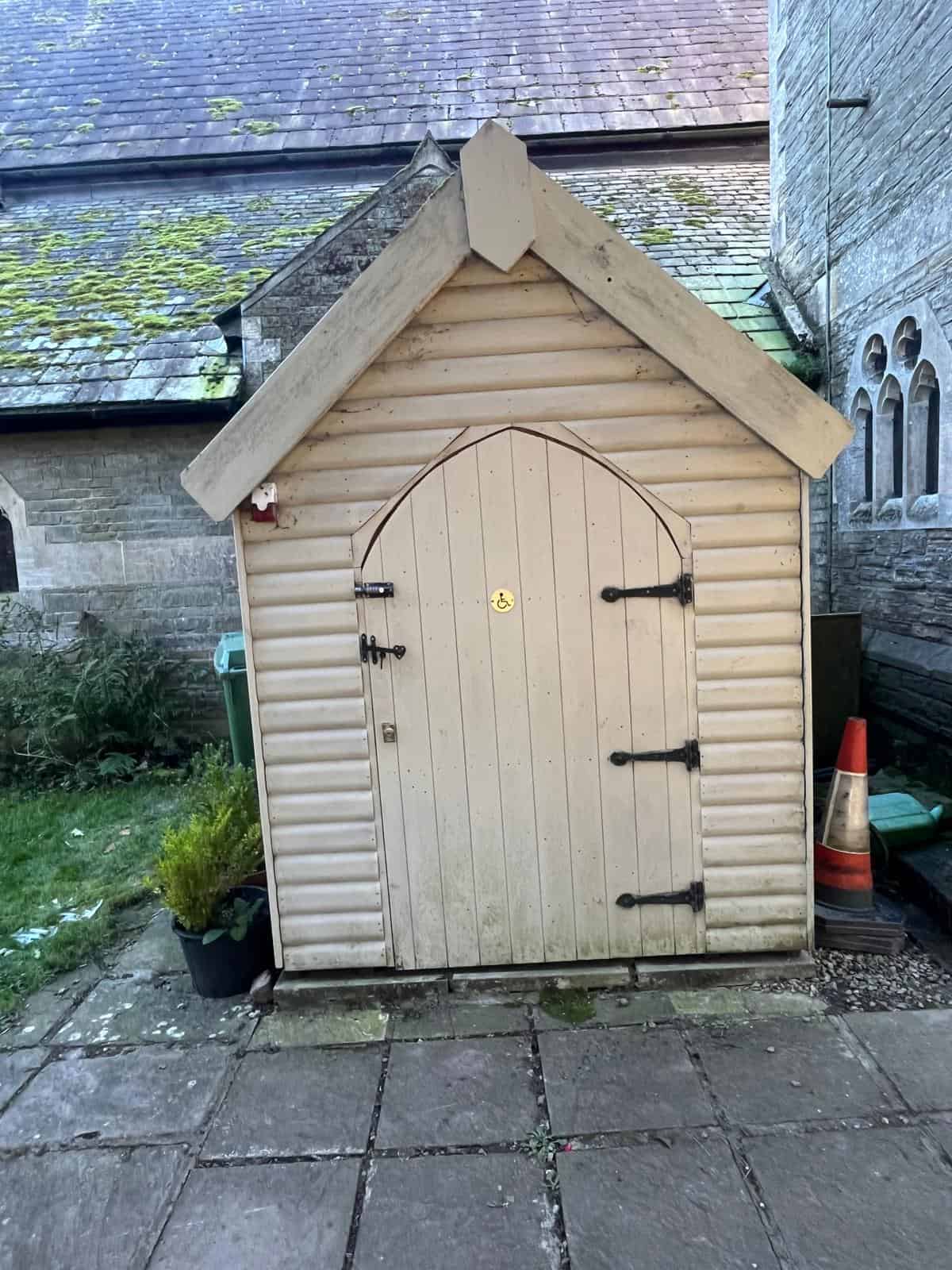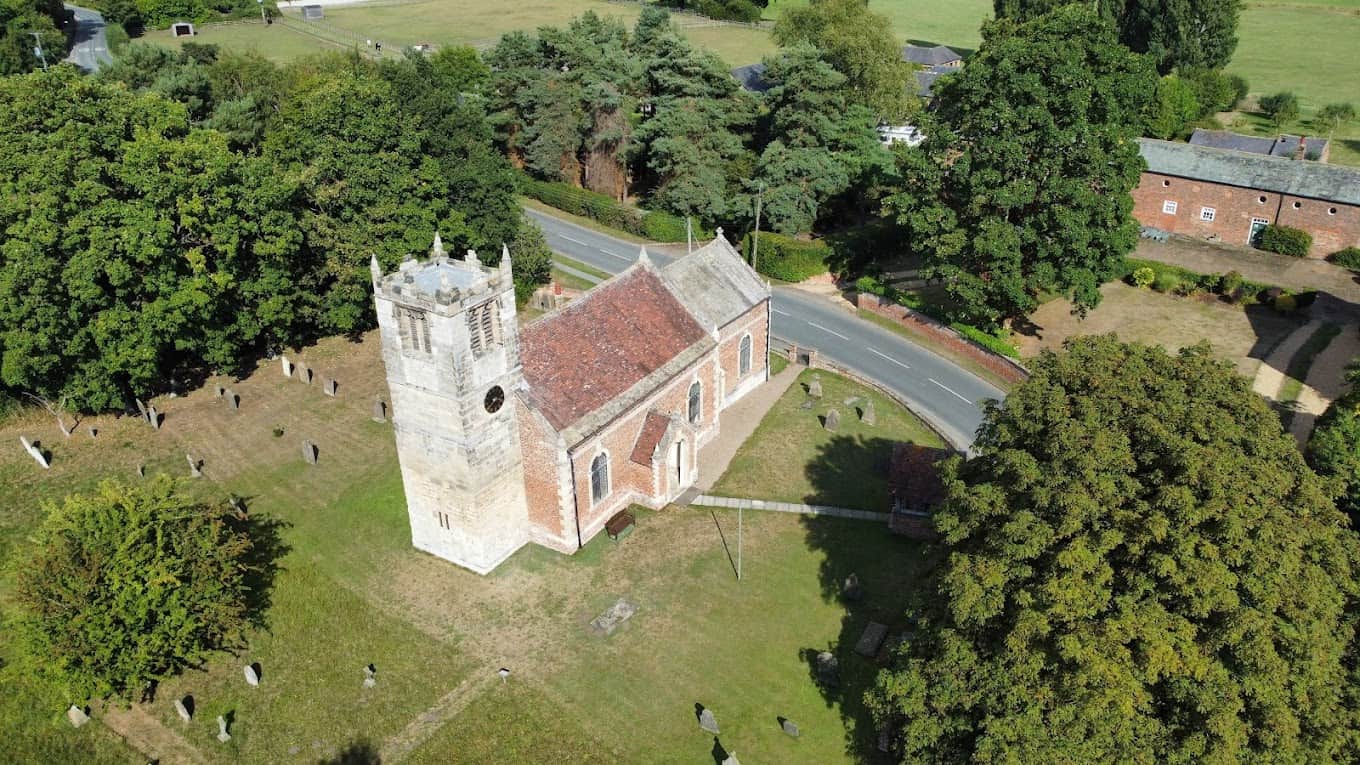FORMER TEACHER JACKIE DOYLE-BRETT IS from the East Riding of Yorkshire and was ordained in 2013, and within her first decade of ministry was put in charge of two benefices encompassing eight rural churches just outside of York.
In 2021, Jackie was also appointed Area Dean of Derwent, a deanery adjacent to York, stretching for some 20 miles from Stockton-on-the-Forest in the north, down to the outskirts of Selby.
She is passionate about inclusion and is working hard to improve accessibility in the churches in her benefices, as well as to encourage the same approach throughout Derwent Deanery.

When she heard of the Disability Project Parish Grant scheme, she knew that this represented a significant opportunity, and worked with her PCC at St Helen’s, Thorganby, to submit an innovative bid for an accessible eco toilet in the churchyard for a Grade 1 listed building with no plumbing.
The need for a toilet at the church is clear to all who worship there.
“We have spoken to several people who have told us that not having this facility prohibits their attendance at services.”
“One elderly gentleman will attend our short 30 minute evening service but is unable to worship with us for a morning service which is longer,” says Jackie. There are wheelchair users and others with mobility aids within the existing congregation, demonstrating the need for the toilet to be accessible.
What even is an eco toilet?
A composting toilet is particularly suitable for situations where there is no access to mains water or sewage connection. They are sometimes installed in nature parks or camping areas, but are a far cry from the plastic cubicle you might see at festivals!
Composting toilet facilities are designed for better aesthetic appeal and for practicality. The waste is carried securely into a compartment in which a composting mechanism assists the decomposition with no leakage or accompanying odour. You can see a short video of how an eco toilet works here.
Jackie is confident that this will be an effective solution, as it has already shown to work at another church in her benefice. This was installed as a wooden beach-hut kind of building, near to the base of the tower near to one of the church entrances, a “slightly fancier-looking shed”.

While a plumbed indoor toilet facility is always the preferable solution, sometimes accessibility provision is about focusing on possibility. In situations such as Thorganby, where the cost of installing running water and access to sewage systems would entail significant reordering and extensive fundraising, an eco-toilet can be seen as a solution for the present while future ideas are developed.
Accessibility audits
And this is very much the emphasis in Jackie’s overall approach to accessibility in her deanery. “It’s not about what we can’t do, but what we can,” she says. “Where can we be more accessible?” She has encouraged accessibility audits in all of her churches to fully explore this area.
In one church, this led to spaces being created within the pewed nave area for those with wheelchairs, by shortening some pews and moving others, so that wheelchair users are seen and understood as “in the body of Christ, not the aisle of Christ”.
In other churches, training was given to stewards and welcomers to avoid situations where good intentions have unintentional consequences, such as when a friendly steward tried to move a rollator out of the way of the line of communicants, thereby effectively disabling the lady who needed that aid.
Jackie recently received an email asking whether there was a hearing aid loop in a particular church, and this led her to investigate whether her benefice churches had correct and appropriate signage about their induction loop facilities.
These examples all illustrate that sometimes inclusion is not about grants and reordering, but about simple attention to detail and following through on good practice.
Effective inclusion
Jackie is a proponent of inclusive church, and emphasises the wide remit of that term.
“Inclusive church encompasses all things that can exclude, including disability.”
It is also not just a nice idea, some kind of optional extra, but part of the legal framework to do whatever we can to eliminate discrimination against people with disabilities.
She reminds us simply, “This is in the 2010 Equality Act.”









